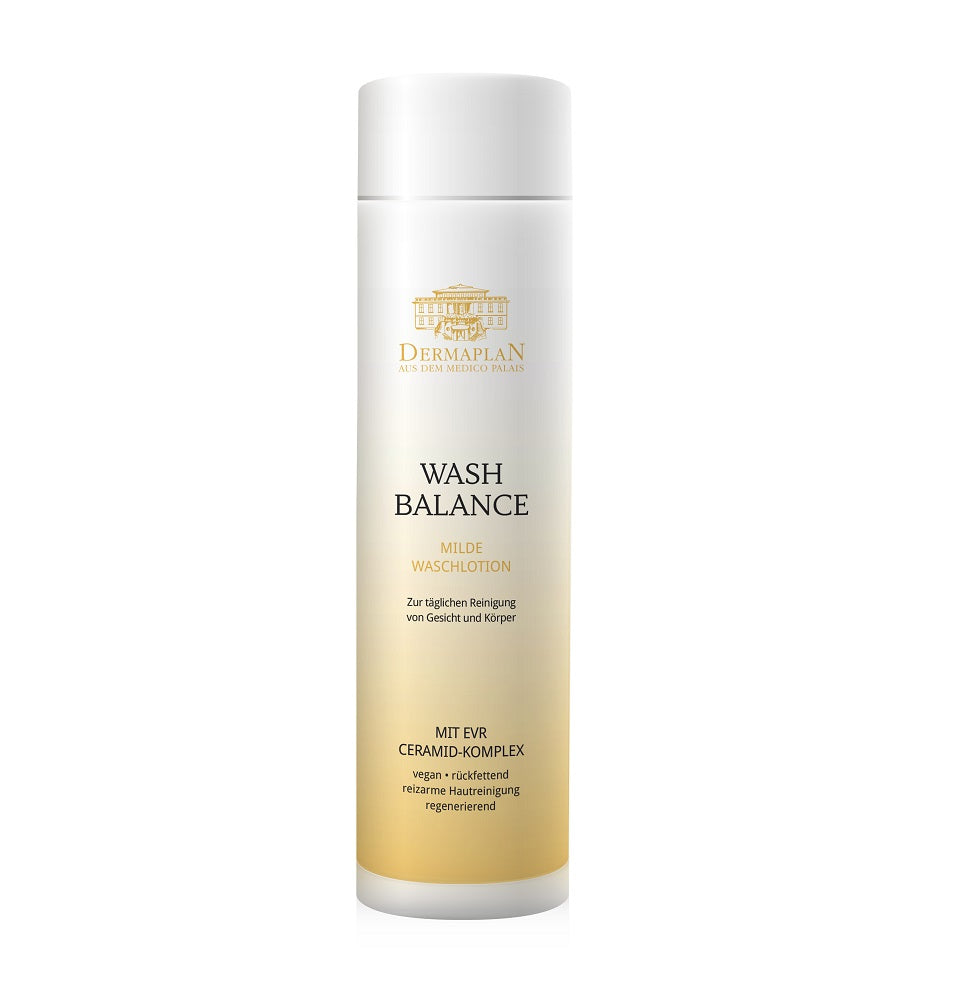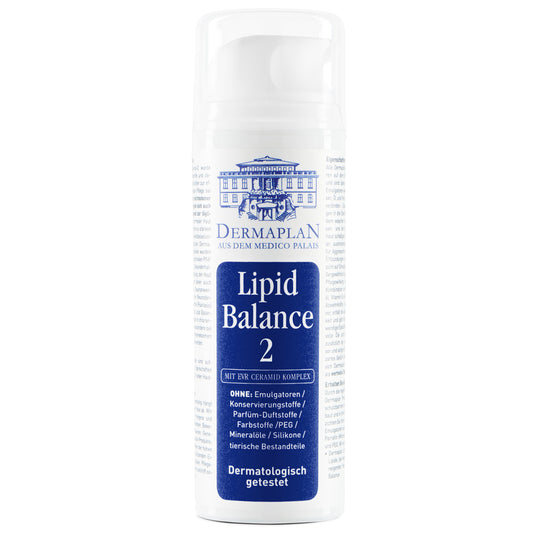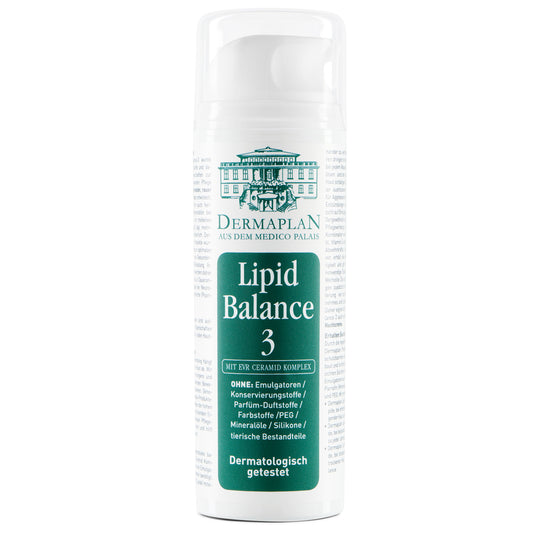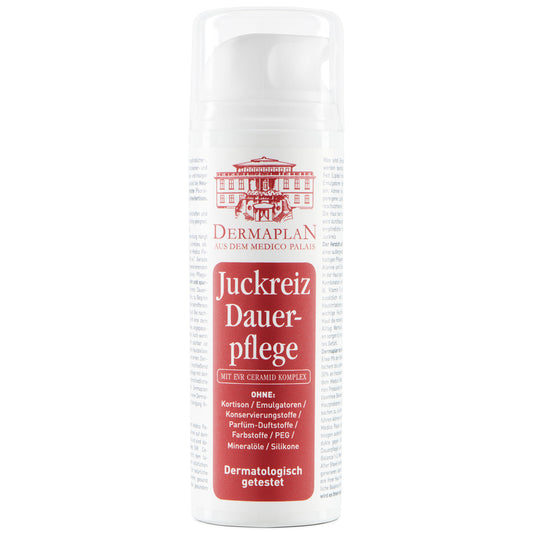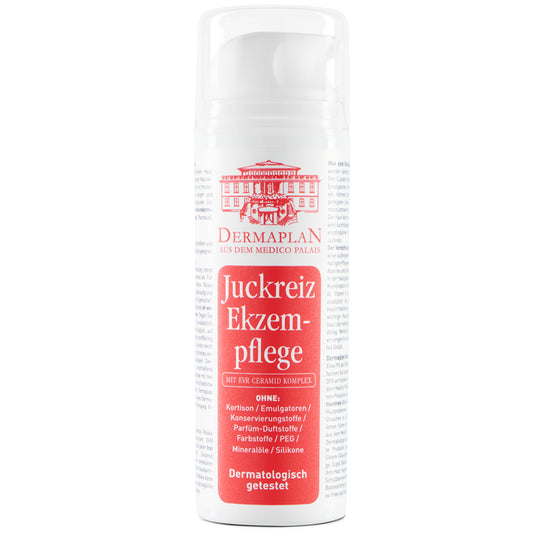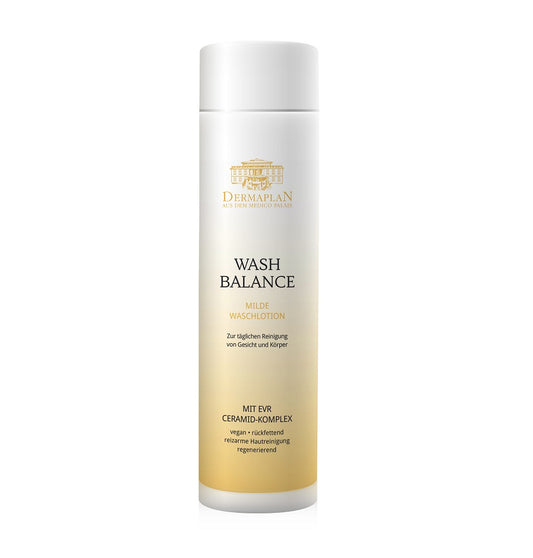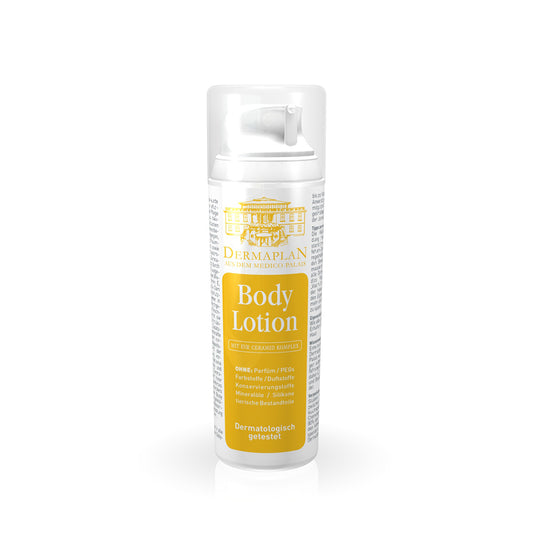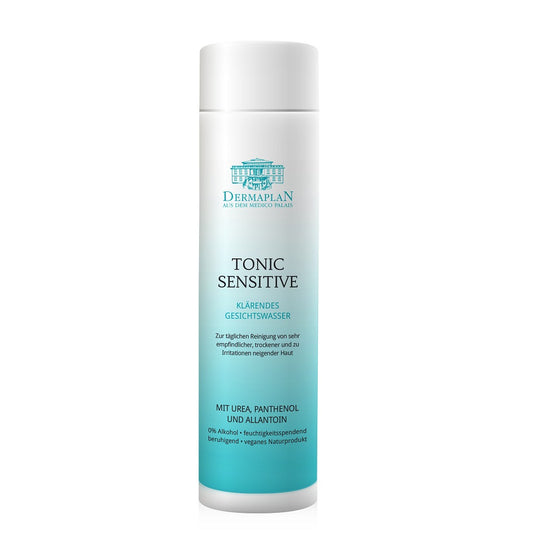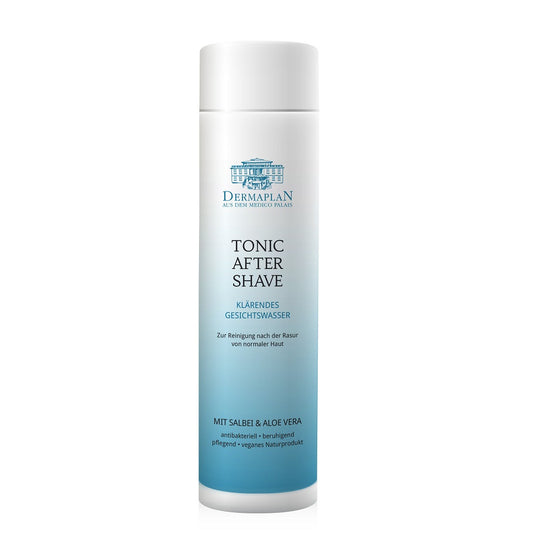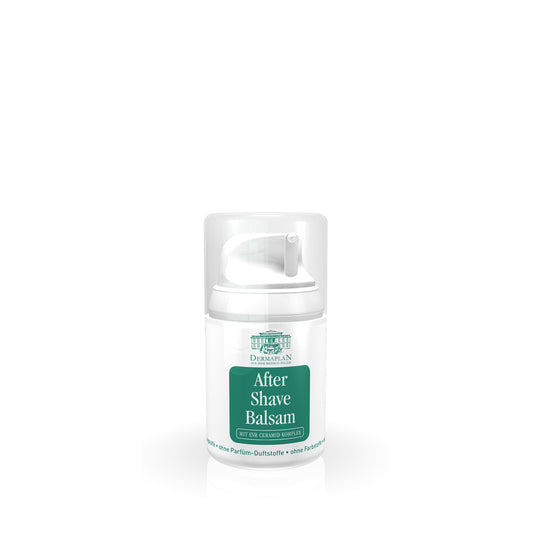Kategorie:
Filtern nach:
scope
skin problem
-
Dermaplan Lipid Balance 2
Vendor:DermaplanRegular price From €27,95 EURRegular priceUnit price per -
Dermaplan Lipid Balance 3
Vendor:DermaplanRegular price From €28,95 EURRegular priceUnit price per -
Dermaplan Itching Permanent Care
Vendor:DermaplanRegular price From €28,95 EURRegular priceUnit price per -
Dermaplan Itching Eczema Care
Vendor:DermaplanRegular price From €28,95 EURRegular priceUnit price per -
Dermaplan Washbalance for face and body 200ml
Vendor:DermaplanRegular price €23,95 EURRegular priceUnit price per€0,00 EURSale price €23,95 EUR -
Dermaplan Body Lotion - 150ml
Vendor:DermaplanRegular price €29,95 EURRegular priceUnit price per€0,00 EURSale price €29,95 EUR -
Dermaplan Tonic Sensitive 200ml
Vendor:DermaplanRegular price €22,95 EURRegular priceUnit price per€0,00 EURSale price €22,95 EUR -
Dermaplan Tonic After Shave 200ml
Vendor:DermaplanRegular price €22,95 EURRegular priceUnit price per€0,00 EURSale price €22,95 EUR -
Dermaplan After Shave Balm - 50ml
Vendor:DermaplanRegular price €16,90 EURRegular priceUnit price per€0,00 EURSale price €16,90 EUR
Our care for dry skin therefore works:
Not a rare phenomenon: characteristics of dry skin
Dry skin can have many causes
Cleansing and caring for dry skin with Dermaplan
FAQ Dry skin
What are the typical characteristics of dry skin?
Why is skin drier in winter than in summer?
What are the risks of dry skin?
What is the best way to care for dry skin?
